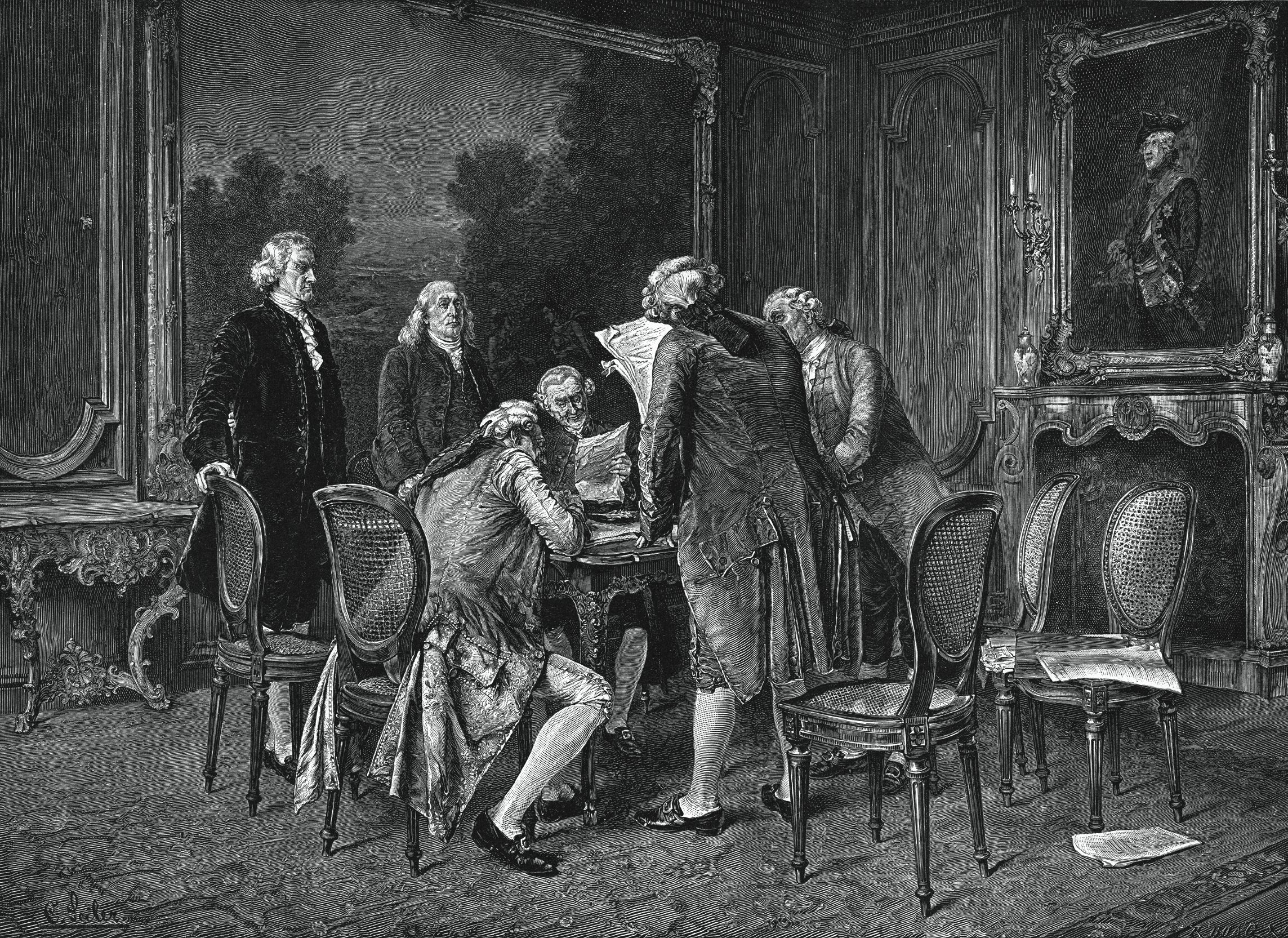The Syrian sectarian war continues with no end in sight - over
70,000 deaths (in almost 2 years; so far).
. . . a prayer for the departed and the suffering . . .
Moved, writing here today, on an interesting, mostly unexamined aspect (possibly) at the root of the conflict found within the
religion of the Al-Assad family itself.
The
Alawites exist as an offshoot of
Shia Islam - "the
largest schismatic sect in Islam, accounting for approximately 10-20% of the world's normative body of Islam." [And in Syria they have represented as much as 12% of the violently decreasing population.]
In other words, religiously, they are an offshoot of an offshoot; and currently find themselves fighting (not only for their lives, but) against members of the
largest branch of Islam itself, the Sunnis.
A major difference or unique quality of this offshoot of an offshoot is a belief in the transmigration of souls (comments on that later).
Also, of some import or interest, particularly for reactionary extremists (as well as the peaceful orthodox) among us all, Alawites do not observe
the five pillars of Islam.
For that reason, particularly, they have been ostracized for most of their history, albeit, the fortunes of war and alliances and even compromises made over the years have kept the Ba'athists and (the Alawite) Al-Assad Family in power for over 40 years. The Assad policy might even [have been] seen as something of a mixture of both embracing minorities (including Christian and other) while maintaining a centrist, fairly absolutist (or socialist) base.
Psychologically, one might easily view the intransigent and unapologetic Alawite President Bashar al-Assad (as even the Financial Times magazine (FT)
noted last year) as someone with a "split personality."
The label does seem to fit.
The rise and fall of Alawite power in Syria might also be viewed as a lesson on how a (primarily) religious minority sometimes rises to the top of a nation as well as the consequences of that (though surely, no one knows the final outcome at this time).
So, in attempting to clarify the concept of the "transmigration of souls" (also termed Metempsychosis or Reincarnation), I begin with
a definition:
The Transmigration of Souls
A belief common to many cultures, in which the soul passes from one body to another, either human, animal, or inanimate. The Australian aborigines believe that an infant is a reincarnation of deceased ancestors and that the soul is continually reborn. Some Indonesian peoples hold that ancestral souls reside in sacred animals, sometimes in preparation for a new incarnation. Similarly, several tribes in western Amazonia avoid eating certain animals, such as deer, because they believe ancestral souls have entered the animals' bodies. Metempsychosis is a fundamental doctrine of several religions originating in India.
In my opinion such basic, core belief reflects a very
primitivist and (ultimately) troubling view. Extremism has often shown itself fueled by manipulation of the poor and ignorant via mysticism, superstition or simply "poor teaching" over and over again, throughout the centuries.
[Note, I did not refer here to religion itself or even Alawite religion as a whole.]
And, in the case of Syrian Alawite power and posture, it appears to be most particularly the military, not the general population (though some paramilitary and/or self-defense groups apparently do exist) that continues to zealously defend the regime.
NPR broadcast parts of an interesting, still-in-process, documentary the other day on that, entitled, "A Close-Up Of Syria's Alawites, Loyalists Of A Troubled Regime."
According to at least one resident of a besieged Alawite town, "the Syrian government is the only thing that will protect the Alawite minority." It is about survival. Also, there are indeed some who see their president as "almost [. .] a divine figure that will provide protection."
A school filmed in a town shows zealous high school students - some expecting soon to be drafted to fight - chanting gleeful support for President Al-Assad. A mother vows personal revenge after her son is gravely injured during a bombing.
There is blood. And there are tears and yelling.
The war becomes real though you are fairly sure that you are viewing only one side of it; the losing side.
But which side is that?
Who is being manipulated ?
And by whom?
The filmaker (referred to only as Hassan) explains that "the regime is just using this sectarian promise of protection as a way to maintain its own power."
The Alawites are now "trapped by fear — a fear that's allowed them to go from oppressed to oppressors."
It is all so very strange and so very sad.
***********************
Parting questions:
When does a ruling (or powerful) minority lose its moral authority?
On the other hand, when or where might a rebel majority lose its own moral authority?
[
Possible Answer]
Is there a lesson here about religious freedom - and the abuse of power?
And finally:
When does God (or anyone) intervene?
****************************
Earlier Warning:

